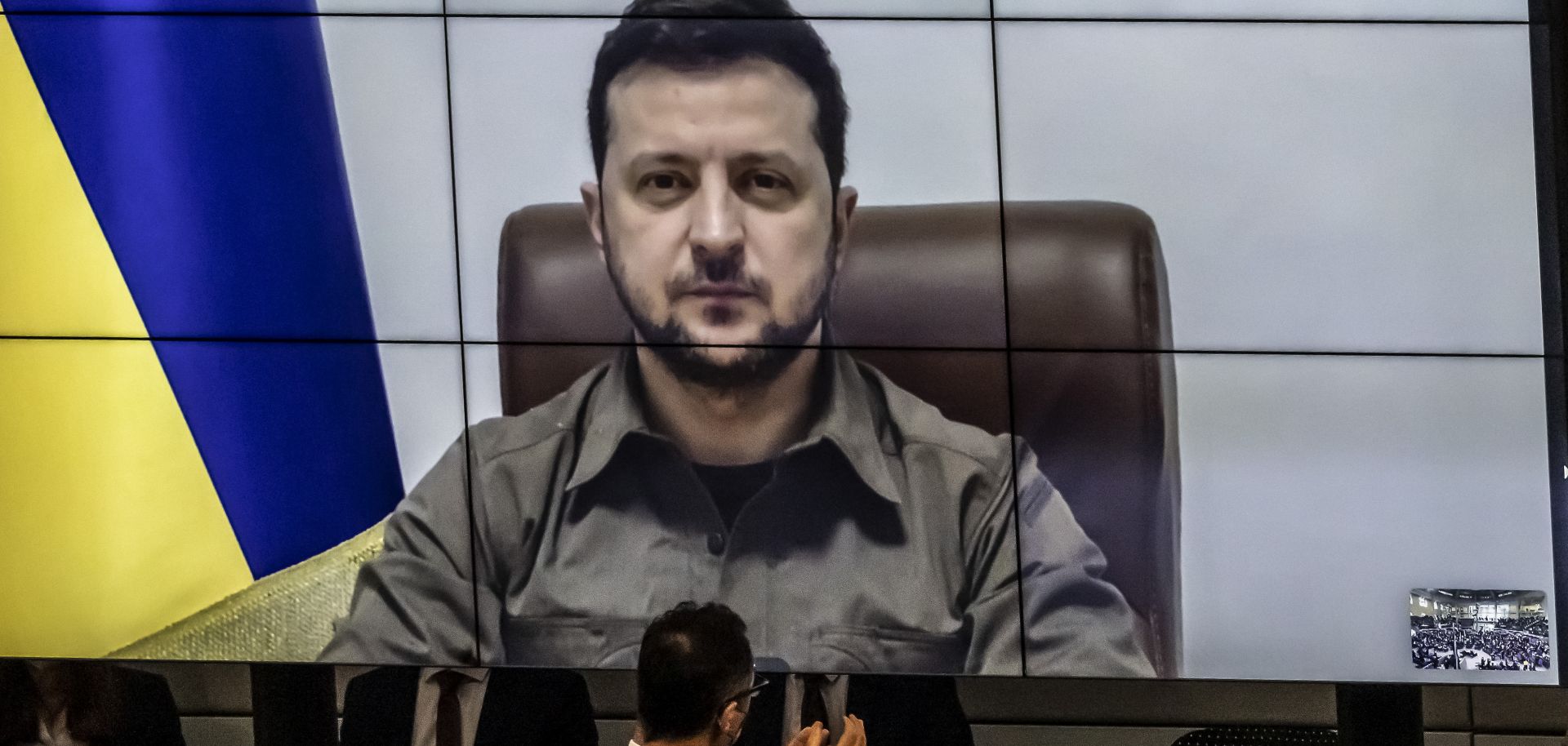The recent circulation of a forged video depicting Ukrainian President Volodymyr Zelensky exposes the dangers of threat actors exploiting deepfakes and other forms of AI-generated audiovisual content in a variety of different attacks, including influence campaigns, extortion and identity theft. On March 16, Meta (the U.S.-based social media company formerly known as Facebook) and YouTube removed from their platforms a video of Zelensky purportedly calling on Ukrainians to ''lay down'' their arms after realizing that the video was a so-called ''deepfake,'' Engadget reported the same day. Deepfake videos and other forms of synthetic media use artificial intelligence algorithms to generate media, including audio, images and video. The term ''deepfake'' is typically used to describe content generated with the purpose of misleading audiences and depicting events that have not happened (as opposed to visual effects in television and movies). Meta's head of security policy said in a March 16 tweet that...

